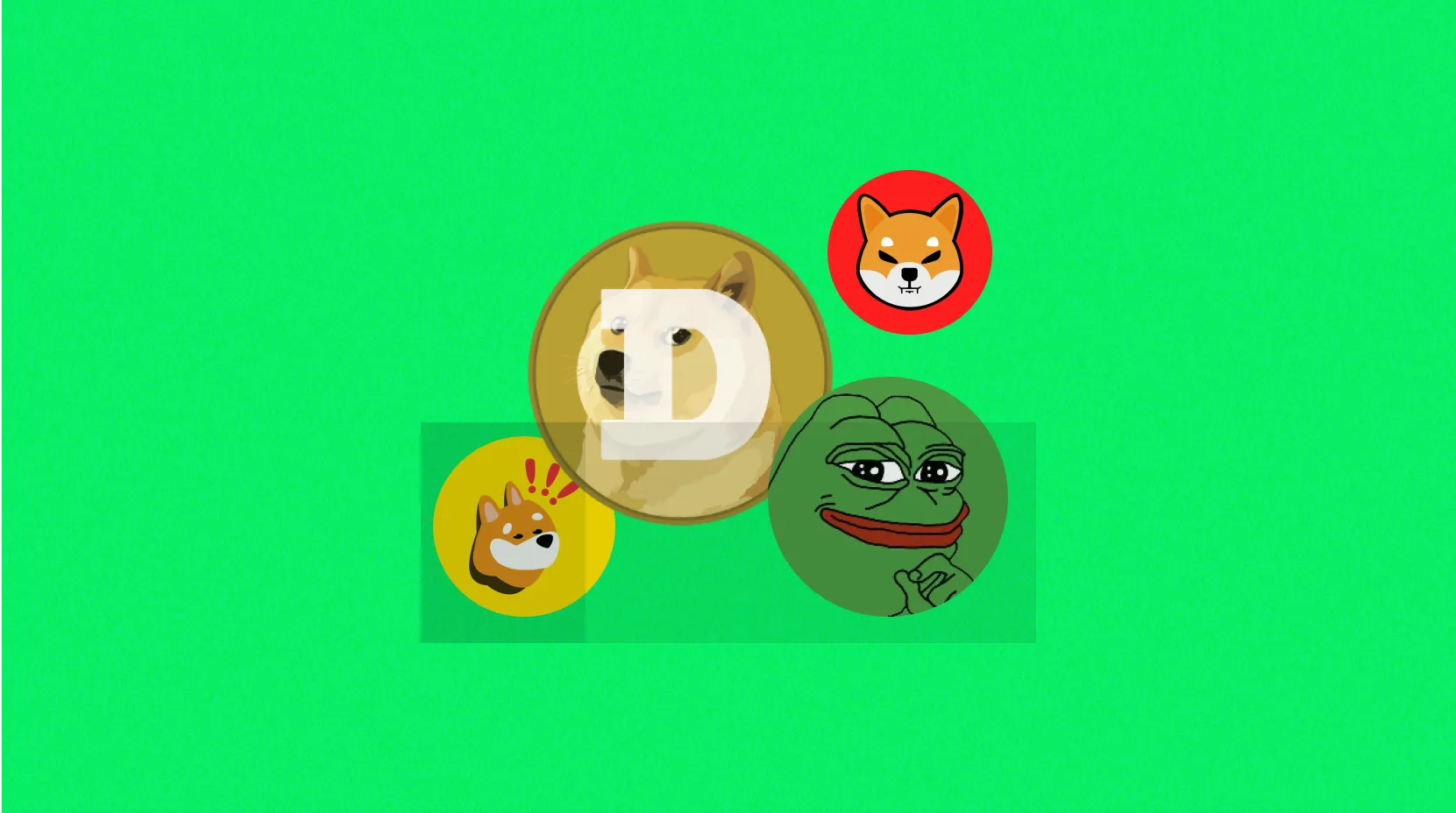1 Bảng Anh Bằng 108,58 Rúp – Điều Này Có Nghĩa Gì Đối Với Thương Mại Và Du Lịch


Tỷ giá hối đoái hiện tại là gì?
- 1 GBP = 108.58 RUB
- 10 GBP ≈ 1.085,8 RUB
- 100 GBP ≈ 10,858 RUB
Đối với những du khách Anh, điều này có nghĩa là đồng Bảng của bạn có giá trị cao ở Nga. Tuy nhiên, đối với người Nga, việc chuyển đổi Rúp sang GBP ngày càng trở nên đắt đỏ - một phản ánh cho những khó khăn của đồng Rúp trên thị trường toàn cầu.
Tại sao Bảng Anh chiếm ưu thế hơn Đồng Rúp
- Cấm vận Chính trị & Kinh tế
Các lệnh trừng phạt quốc tế đã làm suy yếu khả năng tiếp cận vốn nước ngoài của Nga và gây áp lực lên đồng Ruble. - Áp lực lạm phát
Đồng Ruble đã đối mặt với sự mất giá đáng kể khi lạm phát ăn mòn sức mua nội địa. - Vai trò toàn cầu của Bảng Anh
Bảng Anh vẫn là một trong những đồng tiền dự trữ hàng đầu thế giới, được hỗ trợ bởi vị thế của London như một trung tâm tài chính toàn cầu. - Sự phụ thuộc vào hàng hóa
Rúp của Nga gắn chặt với xuất khẩu dầu mỏ và khí đốt. Khi nhu cầu toàn cầu dao động, Rúp cũng vậy.
GBP sang RUB cho du khách
Nếu bạn đang đi từ Vương quốc Anh đến Nga, tỷ giá hối đoái này có lợi cho bạn:
- Thức ăn: Một bữa ăn tại nhà hàng có thể có giá dưới 10 bảng Anh tương đương.
- Vận chuyển: Vé metro và taxi chỉ tốn một phần nhỏ so với giá ở London.
- Chỗ ở: Các khách sạn ở Moscow và St. Petersburg rẻ hơn về mặt GBP so với các thủ đô châu Âu.
Đối với người Anh, Nga tương đối phải chăng - nhưng các cảnh báo du lịch và rủi ro địa chính trị cần được xem xét.
GBP sang RUB cho Doanh nghiệp và Thương mại
- Nhập khẩu Vương quốc AnhCác nhà nhập khẩu của Anh được hưởng lợi khi hàng hóa của Nga trở nên rẻ hơn bằng GBP.
- Nhà xuất khẩu Nga: Việc chuyển đổi Rubles thành Bảng làm giảm biên lợi nhuận cho người Nga bán hàng ra nước ngoài.
- Giao dịch xuyên biên giới: Nhiều doanh nghiệp sử dụng USD hoặc EUR làm đồng tiền thanh toán trung tính, nhưng GBP vẫn giữ vững sức mạnh cho thương mại song phương.
Cách Crypto Đóng Vai Trò
Với đồng Ruble đang bị áp lực, nhiều nhà đầu tư ở Nga và các nơi khác chuyển sang tiền điện tử như một sự thay thế:
- Bitcoin như Vàng Kỹ Thuật Số: Được xem như một biện pháp phòng ngừa lạm phát.
- Stablecoins (USDT, USDC)Cung cấp một cách để thoát khỏi sự biến động của tiền tệ.
- Lợi thế Gate.com: Các nhà giao dịch Anh và Nga đều có thể đa dạng hóa vào Bitcoin, Ethereum và stablecoin với thanh khoản sâu và an ninh đáng tin cậy.
Nhìn về phía trước: GBP có giữ vững sức mạnh so với RUB không?
Sự thống trị của Bảng Anh đối với Ruble có khả năng sẽ tiếp tục trừ khi:
- Nga phục hồi sự ổn định kinh tế mạnh mẽ hơn, hoặc
- Giá dầu và khí đốt toàn cầu tăng vọt theo hướng có lợi cho nó.
Trong thời gian tới, £1 nắm giữ hơn 100 RUBdường như là “điều bình thường mới.”
Câu hỏi thường gặp
1. Tỷ giá hối đoái GBP sang RUB hôm nay là bao nhiêu?
£1 bằng 108,58 RUB.
2. Tại sao Bảng Anh lại mạnh hơn Rúp?
Do các biện pháp trừng phạt, lạm phát và sự phụ thuộc vào hàng hóa làm suy yếu đồng tiền của Nga.
3. Nga có rẻ cho du khách Anh không?
Vâng, sức mạnh của Bảng khiến thực phẩm, vận chuyển và chỗ ở trở nên rất phải chăng.
4. GBP đến RUB ảnh hưởng đến thương mại như thế nào?
Các doanh nghiệp ở Vương quốc Anh hưởng lợi từ việc nhập khẩu rẻ hơn, nhưng các nhà xuất khẩu Nga phải đối mặt với lợi nhuận giảm khi chuyển đổi sang GBP.
5. Tôi có thể phòng ngừa rủi ro tiền tệ không?
Có, nhiều nhà giao dịch đa dạng hóa vào tiền điện tử trên các nền tảng như Gate.com, nơi bạn có thể dễ dàng truy cập Bitcoin và stablecoin.

450 USD sang CAD: Tỷ giá 2025 Công cụ chuyển đổi tiền tệ theo thời gian thực

Tỷ giá 2025 RUB sang GBP: Những hiểu biết về giao dịch ngoại hối Web3

Lợi Thế Tuyệt Đối Là Gì

PKR đến GBP: Tỷ giá và Hướng dẫn Giao dịch Thực tế 2025

Tại sao CryptoJack lại rất hy vọng về Gate.com và GT TOKEN trong thị trường tăng này?

Mua iPad: Các quốc gia rẻ nhất và ưu đãi tốt nhất ở Úc 2025

Tìm hiểu Tiêu Chuẩn Token BEP-2: Hướng dẫn đầy đủ

Tóm tắt Tiền điện tử hàng tuần của Gate Ventures (8 tháng 12, 2025)





